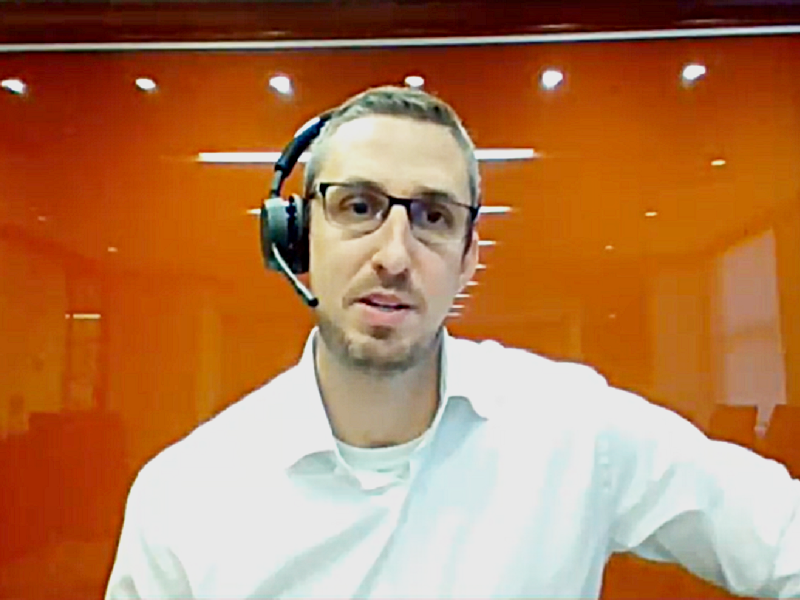
Investing is undergoing a paradigm shift, which will see investors do well by doing good, according to John Levy, director of impact at Franklin Templeton Investments.
“Traditional investing is agnostic about its role on the planet, local communities and society. At some point, something like what we now call sustainable investing came along,” he said during a session at the Canadian Investment Review‘s 2021 Investment Innovation Conference. “The idea to avoid harm — it was done by avoiding investing in areas deemed to be harmful for the greater society, like sin stocks. This socially responsible investing had benefits for stakeholders.”
Read: Impact investing in public equities on the rise in Canada: report
While socially responsible investing may not have traditionally been seen as a way to improve returns, Levy said investors have come to recognize its potential to fuel capital generation. As institutional investors began to pay more attention to information related to environmental, social and governance issues, the data revealed plenty of opportunities to generate market-beating returns.
“By paying attention to environmental and social information and data and using it to create better financial outcomes, this kind of investing is still a means to a purely financial end. You can reduce your financial risk and increase your financial return. This is the impact investing ecosystem that we work in today.”
Modern impact investing operates on a dual return basis, where social and financial returns are valued equally. While many investors may view this bifocal approach as inherently limiting, Levy argued that the facts indicate otherwise. “Through the dual return strategy, you can actually outperform the market. We have a track record showing that.”
Read: ESG and impact investing beyond screens
As an example, Levy shared the case of a nursing home on a remote Italian island. Prior to his team’s acquisition of the hospital, it was operated by a religious order undergoing financial struggles. As one of the island’s major medical providers and one if its most significant employers outside of the tourism sector, the operator rejected higher bids from investors planning to repurpose the building into a seaside retreat.
“We were able to come in and buy it at a good price because we were aligned with the interests of the sellers. We would not only keep it operating, but would invest in it to improve it.”
Levy also discussed a deal his team reached to acquire 40 derelict buildings in Cambridge, England, which will be redesigned to serve as affordable accommodation. As home to one of the U.K.’s best universities, Cambridge’s rental prices have been driven up by students willing to pay exceptional rental rates.
While many of the units will be made available to this group, it won’t be the only group to benefit from dedicated affordable housing. High rental rates also present an acute problem for the National Health Service. It’s working with Levy and his team to ensure some of the buildings will provide low-cost housing to its nurses and other medical professionals, as well as for its patients with special housing needs.
“Affordable housing is an issue everywhere. It’s an issue for families, individuals, for students and for the elderly.”
Read more coverage of the 2021 Investment Innovation Conference.
